The Chinese military’s latest aggression, this time against a U.S. warship in international waters in the Taiwan Strait, was “unsafe,” the U.S. military said following a potentially dangerous interaction on June 3.
The Arleigh Burke-class guided-missile destroyer USS Chung-Hoon, accompanied by the Royal Canadian Navy’s Halifax-class frigate HMCS Montreal, was performing “a routine south-to-north Taiwan Strait transit” on June 3 “in accordance with international law,” U.S. Indo-Pacific Command (USINDOPACOM) said in a statement.
However, the People’s Liberation Army-Navy’s Luyang III DDG 132, a guided-missile destroyer, “overtook Chung-Hoon on their port side and crossed their bow at 150 yards,” the command said, forcing the U.S. guided-missile destroyer to slow to 10 knots to “avoid a collision.”
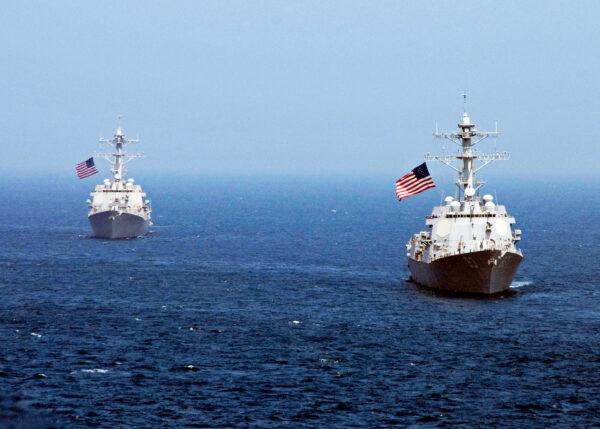
“Cooperation like this represents the centerpiece of our approach to a secure and prosperous region where aircraft and ships of all nations may fly, sail and operate anywhere international law allows.”
‘Wrong Signal’
The CCP’s military defended its actions, saying that the transit was sending the “wrong signal” and that it “handled” the situation in accordance with the Chinese regime’s law and regulations.“The countries concerned deliberately create incidents in the Taiwan Strait region, deliberately provoke risks, maliciously undermine regional peace and stability, and send the wrong signal to ‘Taiwan independence’ forces,” China’s People’s Liberation Army’s (PLA) Eastern Theatre Command said in a statement late on June 3.
“China will never tolerate any attempt by the island’s ruling Democratic Progressive Party (DPP) authorities to ‘solicit foreign support’ while seeking ‘Taiwan independence,’ nor will it accept any efforts by external forces to ‘utilize Taiwan to contain China,’” Tan Kefei, spokesperson for China’s Ministry of National Defense, said.
Typically, the Chinese Communist Party (CCP) has blamed “separatist forces” for Taiwan’s refusal to bow to the regime’s communist rule. Taiwan is a self-governing democracy.
Taiwan’s Ministry of National Defense, which monitors movement in the seas and skies around Taiwan, said the U.S. transit on June 3 was normal and said the CCP was the one disrupting peace, stability, and security in the region with its “provocative actions.”
“Maintaining the peace and stable development of the Taiwan Strait and the region is the shared responsibility of free and democratic countries around the world,” the ministry said. “Any measures to increase tension and danger will not help regional security.
“The Ministry of National Defense calls on the Chinese authorities to respect the right to freedom of navigation, avoid excessively provocative actions, and jointly maintain regional peace, stability, and security in the region.”
U.S. warships transit the international waters in the Strait about once a month. However, it’s rare for them to do so alongside vessels of U.S. allies.
Tensions Ongoing
Taiwan’s defense ministry said that in the 24 hours since 6 a.m. on June 3, it detected 15 Chinese military aircraft and seven Chinese naval vessels around Taiwan—a near-daily occurrence since the CCP escalated its overt aggression against Taiwan in late 2020.After two PLA aircraft entered Taiwan’s southwest air defense identification zone (ADIZ), Taiwan’s armed forces responded by launching combat air patrol aircraft and navy vessels, and activating land-based missile systems, the ministry added.
The incidents in the Strait occurred as government officials gathered in Singapore for the June 2–4 Shangri-La Dialogue to discuss Asian defense issues. U.S. Secretary of Defense Lloyd Austin and his counterparts from other Asia-Pacific nations, including China, were in attendance.
The United States and its allies have voiced support for and actions to maintain “a free and open Indo–Pacific,” in accordance with international law in response to the CCP’s flouting of agreed international norms, to which it’s a signatory.
The CCP is claiming sovereignty over Taiwan as well as attempting to assert its sovereignty in regions of the South China Sea within its “nine-dash line,” triggering an outcry from all other nation-states in those waters with contesting claims recognized by the United Nations Convention on the Law of the Sea.
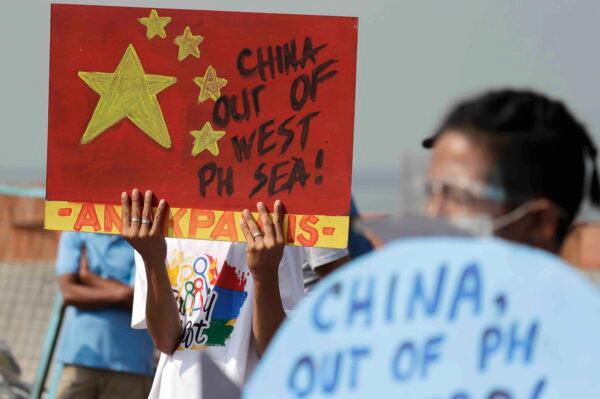
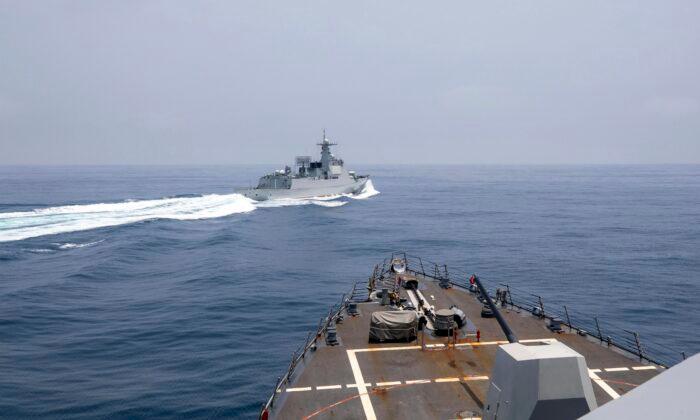

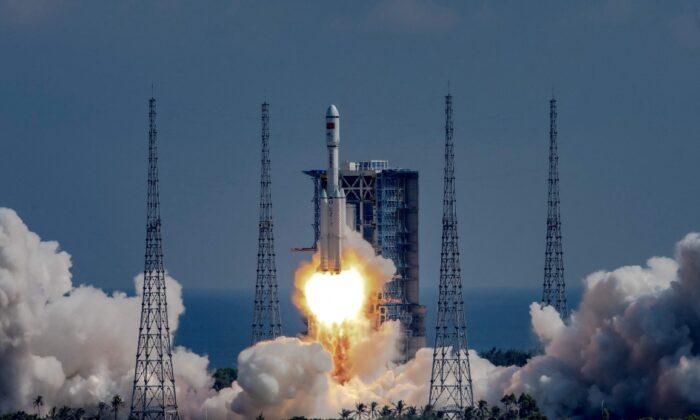

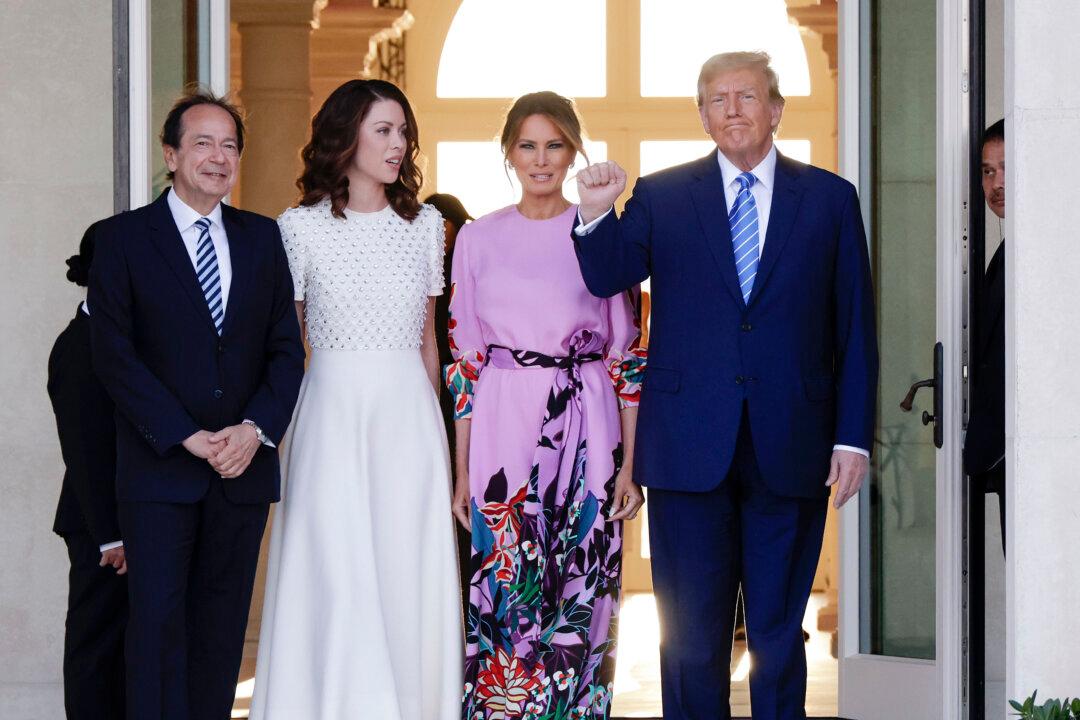

Friends Read Free